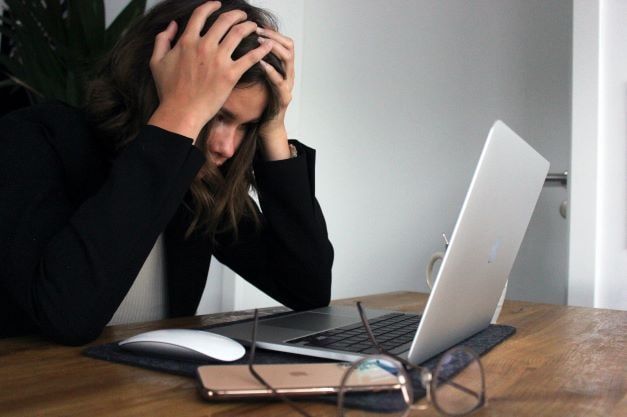Mexicans, the most stressed in the world
Work stress causes gastrointestinal damage, sleep disturbances, headaches, fears, behavioral reactions, and harassment at work. By having a real rest our attention processes are optimized. Due to the pandemic, the figure of the "always available collaborator" arose.





